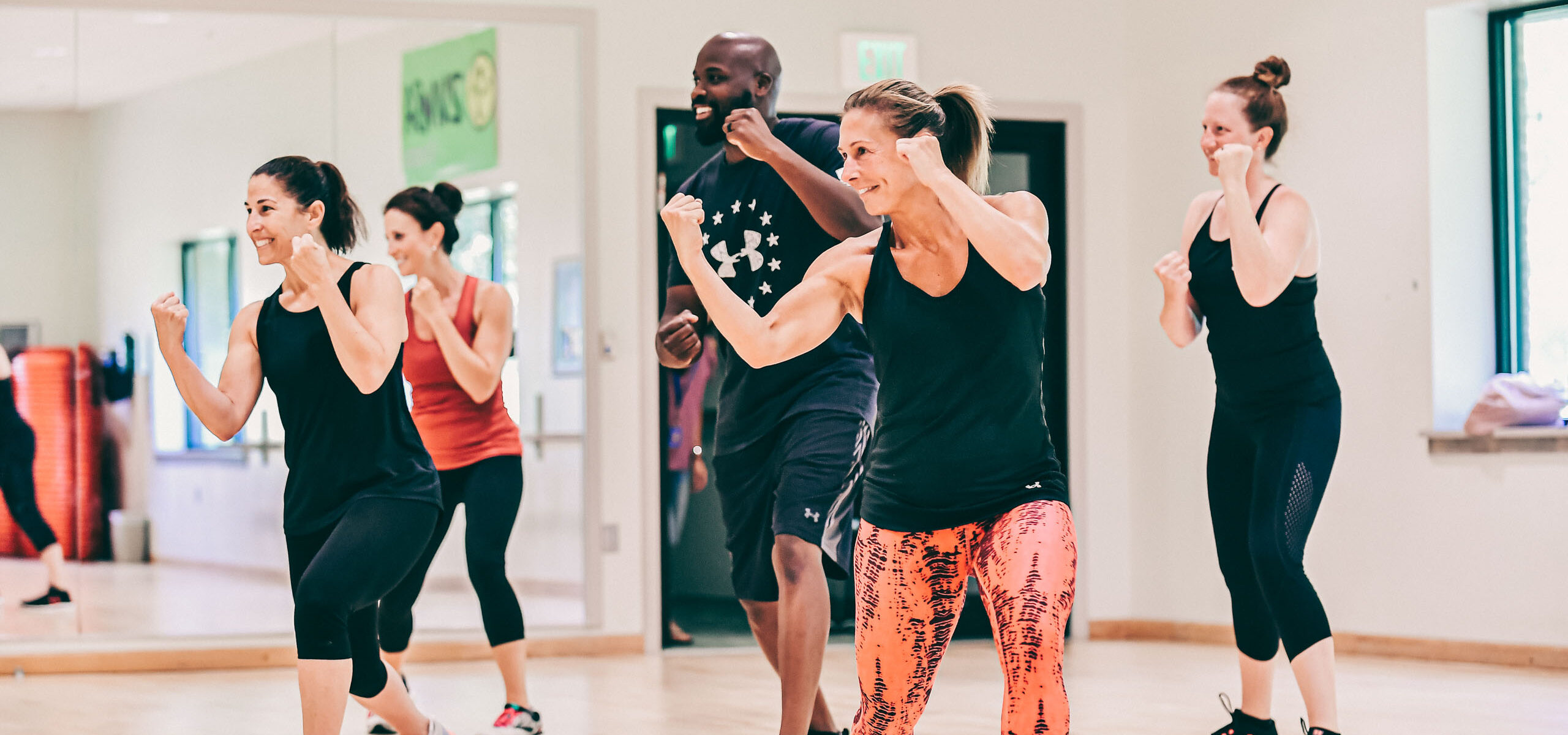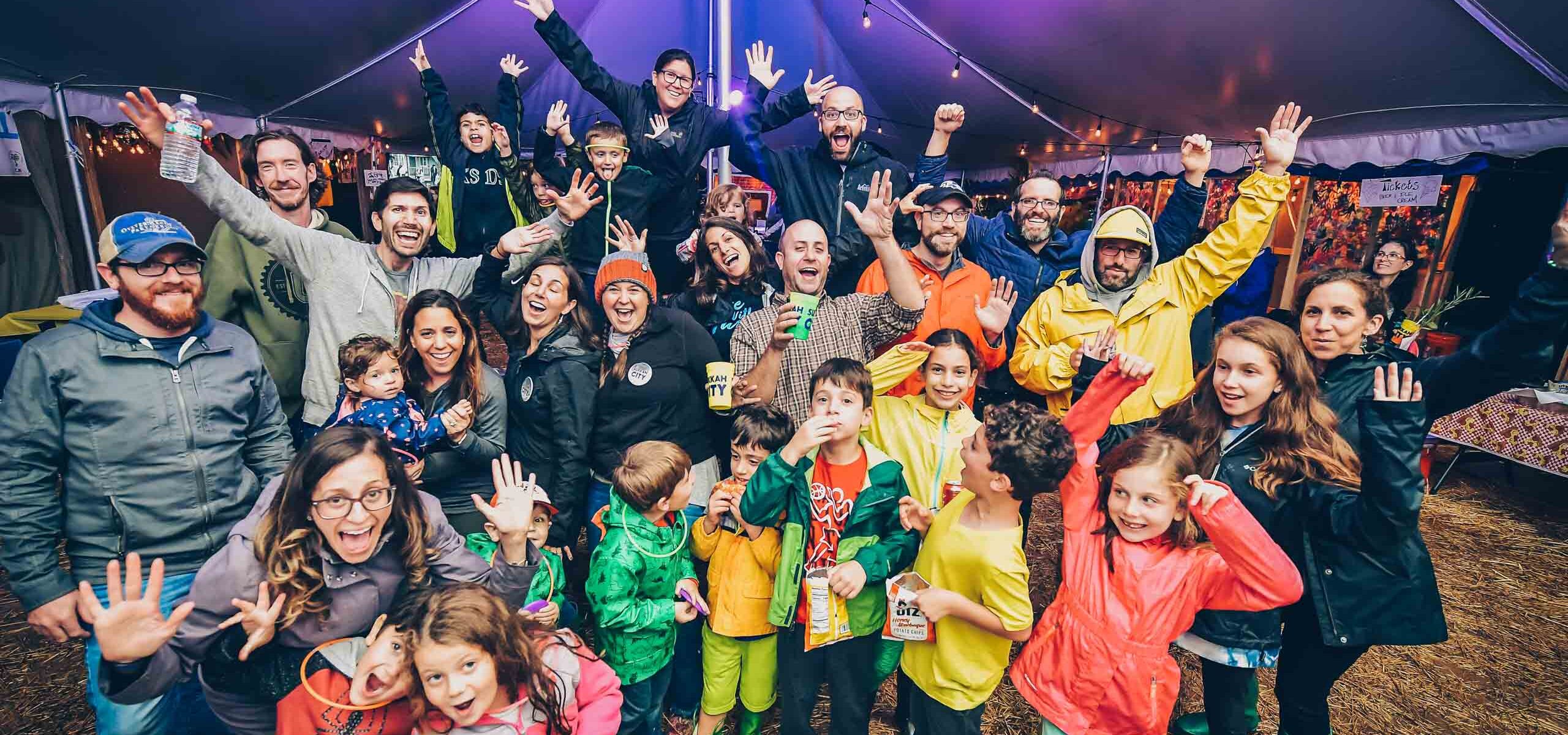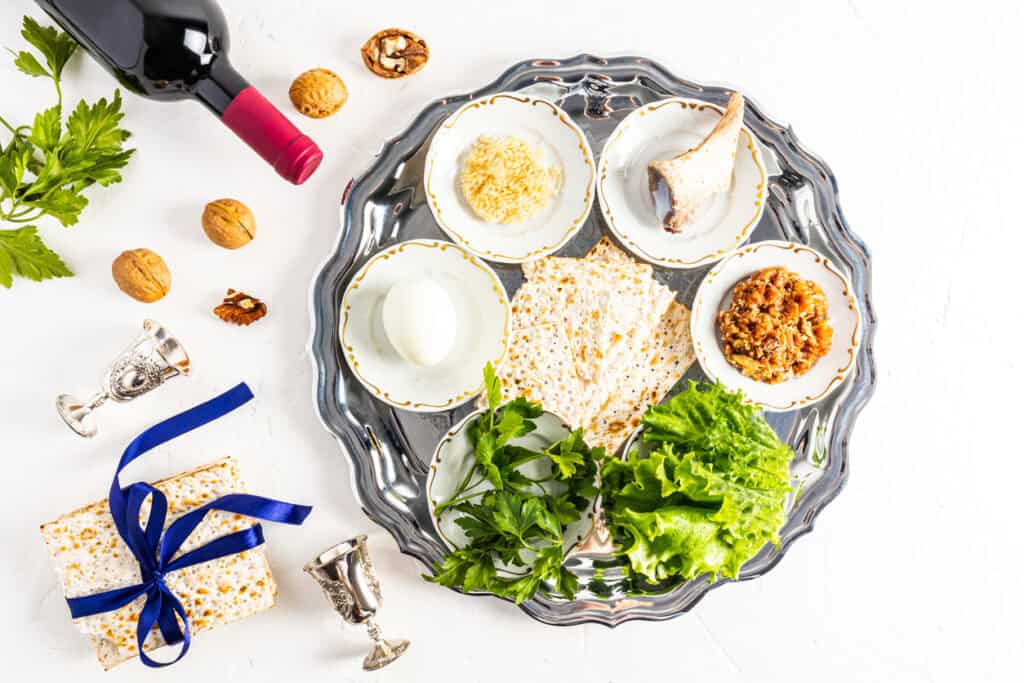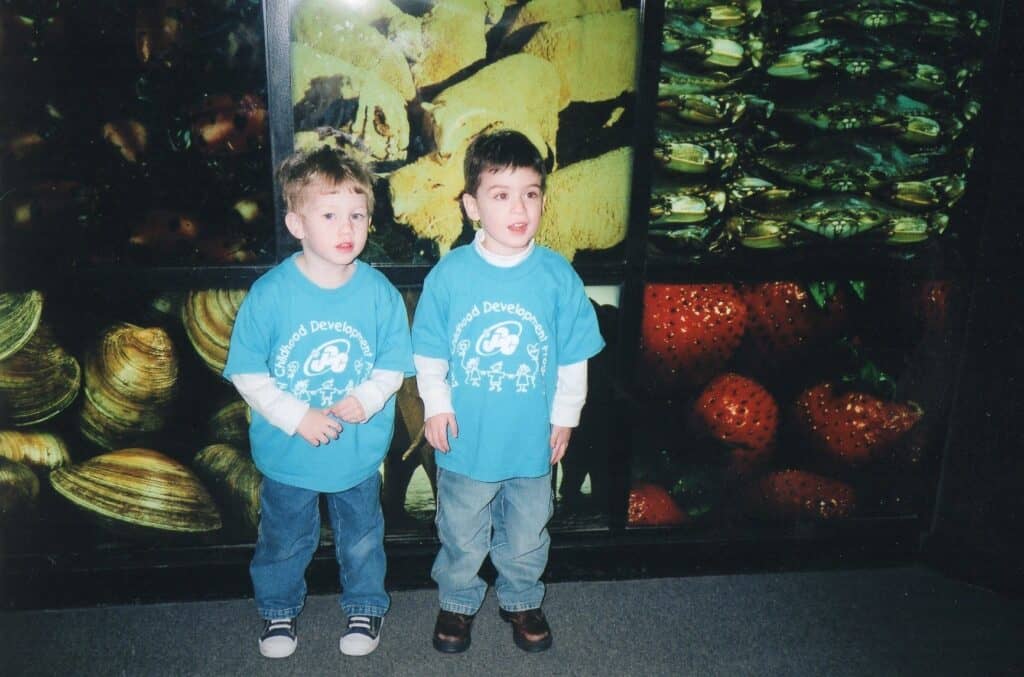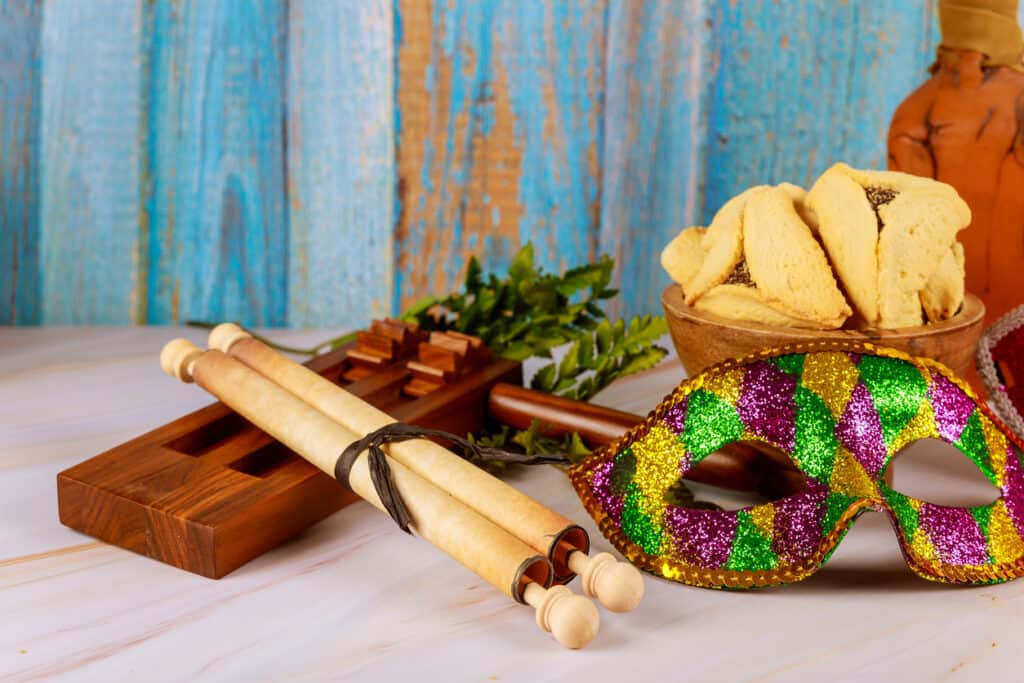Season of joy and community
Welcoming our season of joy and the celebration of community
By Rabbi Jessy Gross

When it comes to MY favorite Jewish holiday it is really a toss-up between Sukkot and Purim. I love the role that Purim plays on our calendar as the great “getting it out of our system” – as a necessary step towards preparing ourselves for Pesach. I love how we break out of the traditional boundaries and frameworks in which we operate and are invited to question and reconsider what we know to be true. And, I love the role of female power and influence and minority uprising plays in the story we tell. Yet, despite all these things, if I have to choose one, I think Sukkot actually triumphs as my all-time favorite – zman simchateinu – our season of joy. But why? What can be better than dressing up, throwing lavish parties and indulging in hamentaschen?
First, I love Sukkot because it is the seventh inning stretch of the marathon that is the month of Tishrei and the beginning of the Jewish new year. When I lived in a tent at the Pearlstone Retreat Center and worked on the farm for a season, I learned that before the theological impulses to celebrate Sukkot there were agricultural needs that demanded the community work together to navigate the transition from summer to fall; a liminal time that depended on the contribution of everyone whether it was their daily job or not, to help ensure that the abundance of the food grown in the summer was properly harvested and stored to sustain the community throughout the uncertainty of winter.
I imagine the hard work of people helping each other to finish the tasks by day and the joyous celebrations of food and music and ritual by night. I imagine the moon in all its fullness, shining down on the fields, as the annual week of great communal slumber parties created opportunities for community bonding and connection that would be possible at no other time of the year but is oh so necessary to realize the power of a community in relationship with one another. I imagine all of this on a backdrop of leaves changing colors and the crispness of fall and the beauty of creation at the forefront when most days it is the backdrop of our otherwise daily routine.
As if this isn’t enough, it is the themes of Sukkot that most inspire me. During our season of joy we also wrestle with the impending uncertainty of winter. We come out of our more permanent dwelling places and willingly eat and sleep and pray in the sukkah. For those of us who have the privilege to opt into a sukkah for the week and then return to the safety of our homes, it is an invitation to think about the millions of people who do not have such a luxury and are constantly faced with the challenge of trying to secure permanent and safe housing throughout the year. This week of celebration invites us to think about our temporary vulnerability in hopes that we become more tuned into the real vulnerability of those who do not share this luxury.
Another theme is that of welcoming ushpizin (esteemed guests). We do this figuratively and literally. Our sukkahs, while they are only open on one side, are a symbol of an open tent that we invite all the people in our community into. Sure, we may focus on time in the sukkah with family and friends, but it is time to invite all sorts of people into the sukkah including those who have never been inside a sukkah before and those who are curious about the rituals and traditions of the Jewish people.
Symbolically, we are also invited to think about those who are no longer with us but whose presence and influence we want to invite to shelter us during this time; great leaders of old like Moshe and Abraham, Rabbi Hillel and Shamai. But also, to invite the spirit and memory of those who have touched our lives but who are not able to be with us – loved ones, teachers, those who have fought for peace on behalf of Jewish values and human rights. What an exercise to imagine the people who bring meaning to our lives and to invite their presence to bless us during this time of transition and celebration.
It’s true, I love the totality of the Jewish holiday cycle and how each holiday comes in a season where there is purpose and meaning that gifts us opportunities to experience our lives on a deeper plane than when we are otherwise on auto pilot. But Sukkot is my favorite of them all. One last reason why: Sukkot is about the obligation of showing up in community. It is a holiday for which we cannot fulfill the aspirations of joy and celebration unless we do so in our community. And that, above all else, is why I choose this as holiday number one for me: because the essence of Judaism is to learn the art of being an individual within the context of a great community and there is perhaps no better holiday than Sukkot to remind us just how much we need our community in order to sustain ourselves.
I hope you will join us in our sukkahs this Sukkot. We are so excited to come together and to celebrate with you!
